Civ 7 Changes Combat Significantly, And I Still Can't Decide If I Like It
I knew going into Civilization 7 that some changes had been made to its combat system, but I reserved judgment on that until I played the game for myself. Even after playing for several hours, I was somewhat torn on the changes, and I still haven’t fully made up my mind. As a long-time fan of the series, I could appreciate what they were going for, but also I wasn’t sure I liked this new style of fighting compared to the old one.
Probably the biggest change to Civ 7’s combat is its new Commander units. These represent one of the many ways Civilization 7 attempts to streamline its games by cutting down on micromanagement. There is also a new combat system for sieges in Civ 7that adds some depth to the process of taking settlements. Trying to decide if I liked them or not also made me reconsider how I evaluate changes made to my favorite game series and why.
How Civ 7 Combat Is Different From Civ 6
Civ 7 Adds New Commanders And Changes Sieges
Starting with one of the most significant changes from Civ 6, Civ 7 now includes new Commander units. These represent military leaders within one’s civilization and have some new special abilities. Commanders can store other military units, allowing entire armies to be moved without having to individually move each unit. Commanders also gain levels in combat that unlock bonuses that they can grant to the units within their area of effect. Additionally, Commanders can issue orders for coordinated attacks and allow reinforcements to travel to their position automatically.
Civilization 7 also introduced some new nuances to attacking and defending settlements. Whereas previously, players simply had to capture the city center of a given settlement, new urban districts and upgrades make taking a settlement a bit more complicated. However, attackers now also have the opportunity to swing combat in their favor by taking control of a city’s upgrades and turning them against their controllers. Interestingly enough, coastal cities can now be captured by certain naval units, adding a new consideration to where you’re building your settlements and how you’re defending them.
Pros Of Civ 7’s Combat Changes
Adding Complexity To Taking Settlements Is A Huge Win
I knew right away that I would really enjoy some changes to Civilization 7’s combat. For instance, it always sort of bothered me that an entire city could be taken with just a single tile. It felt like, depending on the city center’s placement, it was sometimes easy to cheese a victory by attacking that specific tile from an angle that was hard to defend. Now that taking another civilization’s city can require more steps, combat feels more interesting. There can be multiple targets you need to take out, with pros and cons about which you target first.
By making naval units more important, Civ 7 opens up new strategies.
The ability to take coastal settlements with naval units is also a huge improvement. Taking a coastal or island settlement used to be a real hassle when you needed to bring a land unit across the sea to capture it, even if you had already destroyed its defenses with naval units. This made ships feel underwhelming, and I often found myself ignoring my naval forces and prioritizing those that could take settlements. By making naval units more important, Civ 7 opens up new strategies.
Cons Of Civ 7’s Combat Changes
Streamlining Combat With Commanders Takes Away Some Key Elements
In general, I’m not a big fan of Civilization7’s Commander units, for a few reasons. First, I’m not a fan of having a specific unit be the only type that receives promotions and upgrades. In the previous Civilization games, individual units were promoted based on experience, and you could choose the bonuses they would get from it. This allowed me to choose upgrades on an individual basis and create different types of specialists within my army. This would allow me to know where to deploy certain units, based on the upgrades I gave them.
I’m also a little torn about the idea of making it easier to transport large armies. While it can be nice to save time, it also flattens the strategy of the game a bit. How I would get my army from one place to another used to be something I had to consider as part of my strategy. Say an enemy settlement is nestled comfortably behind tough terrain. My army would be injured by defenders while trying to reach my destination. This forced me to be strategic in how I approached a settlement, and where I put my own.
Now that a Commander can pack and unpack an army, how an army travels doesn’t require as much planning. An obstacle may temporarily slow down this one unit, but that’s not a big deal because you don’t have to find a way to snake an entire army through a narrow passage. You can just bring your Commander through and unpack once you’re past the difficult terrain. This makes geographical features feel like they matter less during combat, which somewhat takes away from my sense of immersion.
I can see why some players would find the old style of transporting troops to be tedious, but I liked that war was a more arduous process in older Civilization games. For one thing, combat is only one of several ways to play the game. Difficulties surrounding combat help balance it against the other victory conditions. Also, from an immersive standpoint, I don’t think war should be streamlined and easy. I always saw the difficulties of moving armies and the drawn-out process of combat as Civ’s way of illustrating the realities of war.
Why I Still Can’t Decide If I Like Civ 7’s New Combat System
I Still Can’t Decide If These Changes Are Bad Or Just Different
Often when frustrated by certain elements of Civ 7’s new combat mechanics, I found myself wondering, “Is it bad, or is it just different?” I have a lot of hours logged on Civ 6, and even more on Civ 5. When transitioning from 5 to 6, I remember having some similar growing pains while figuring out the new system. However, I came to really enjoy it, and now here I am wishing Civ 7 was more like 6.
This issue I have has made me realize that I have recently found myself entering my “old man yelling at clouds” era of gaming, something I’m trying to work on. I’ve been playing games for around 25 years, having gotten my start on my mom’s old NES when I was a kid. While I’ve never stopped playing and enjoying new games, I have noticed myself sometimes criticizing newer games in my favorite series for being too different from older installments. While everyone is entitled to their own opinion, I have started questioning the validity of my complaints.
I think part of this issue stems from the fact that some of my old favorites have become difficult to play. If someone prefers older novels or movies, it’s not hard to find them, but some games even as recent as 2010’s Spider-Man: Shattered Dimensions can be difficult to find. Thankfully, this seems like less of an issue now, and more old games are being made available digitally. Changes to my favorite franchises, therefore, don’t mean old gameplay features I enjoyed disappearing or becoming difficult to find and can appreciate them for the innovations they are.
Civilization 7’s changes have started to grow on me over the hours I’ve spent playing the game, and I will likely end up enjoying the game the same way I did with Civilization 6. Like any change in the new Civ, or changes in any game franchise, whether they are good or bad will be a matter of opinion. Either way, I think it’s worth at least giving new mechanics a shot, even if they aren’t immediately appealing to you. While I still have some reservations, I am confident that I will eventually enjoy Civilization 7 as much as 6.
Source: Civilization/YouTube
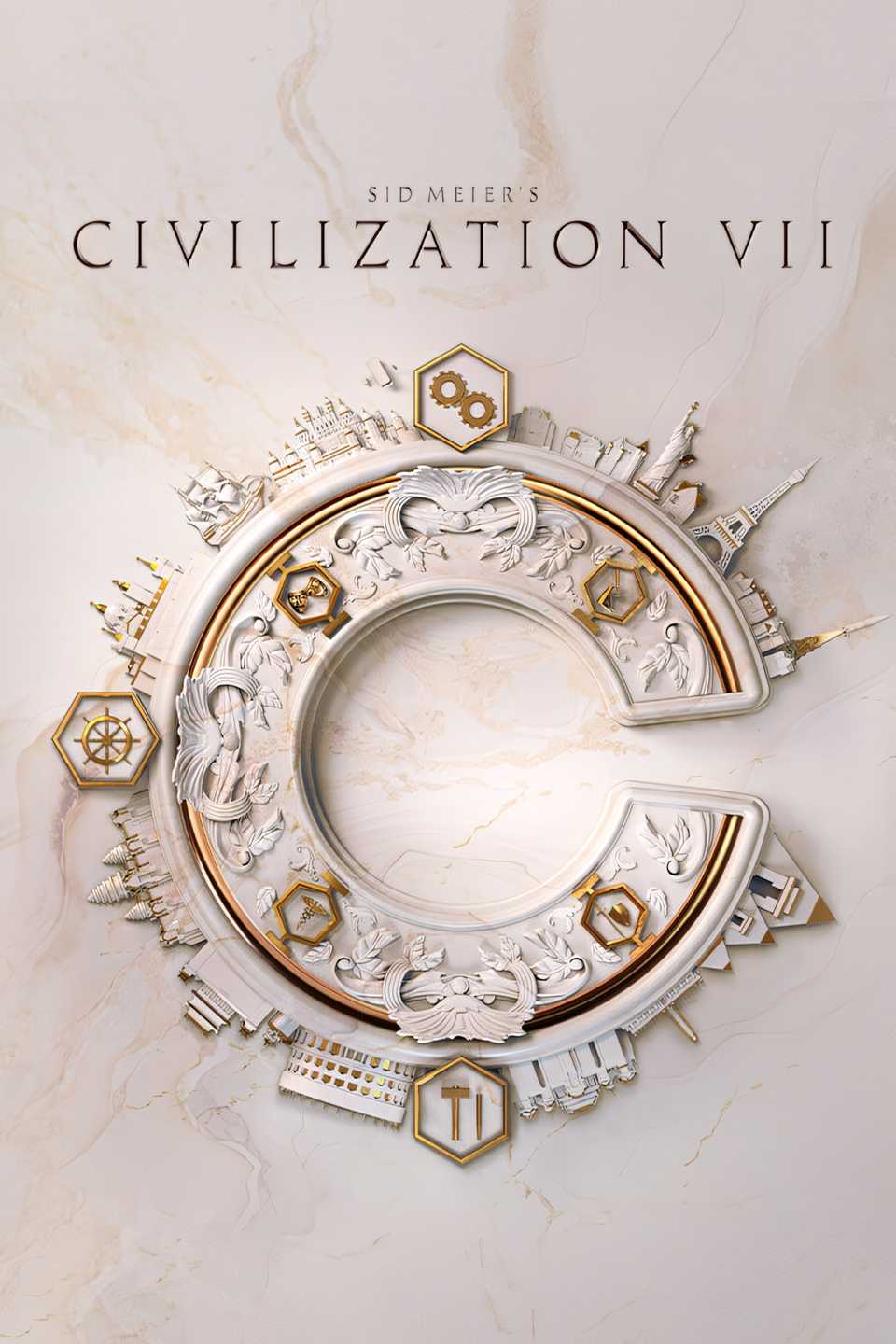

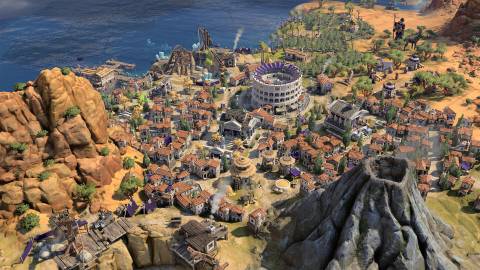
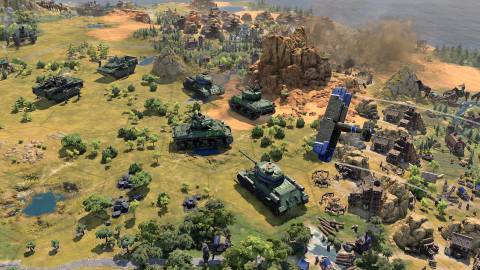
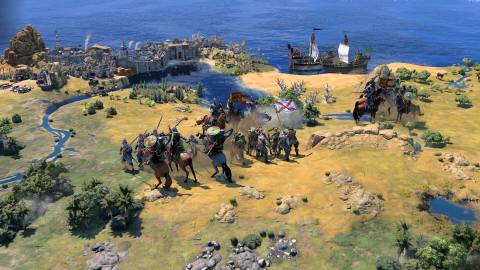
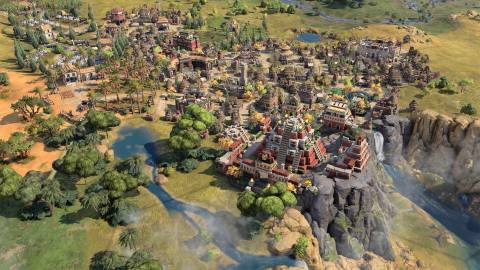
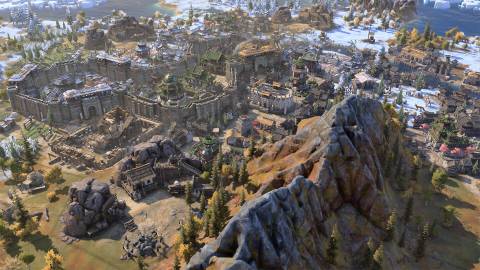

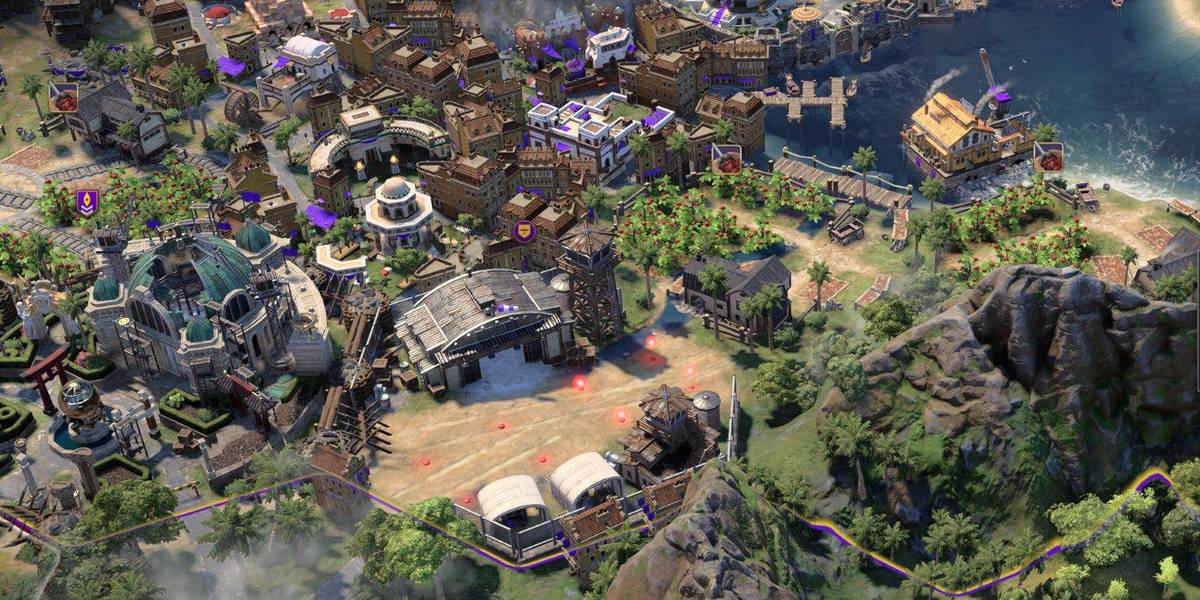










Your comment has not been saved